When I was about six I heard Yakety Yak for the first time...and, well, I thought it was the funniest song I had ever heard. Later I heard Along Came Jones, and I thought IT was the funniest song I'd ever heard. Still later, I thought the same thing about Charlie Brown. Then I heard Poison Ivy. A song, that even in my child's mind, I knew was sexy. As a kid I had no idea all these songs I loved were by the same group, The Coasters. And I haven't even mentioned the incredible groove of Down In Mexico.
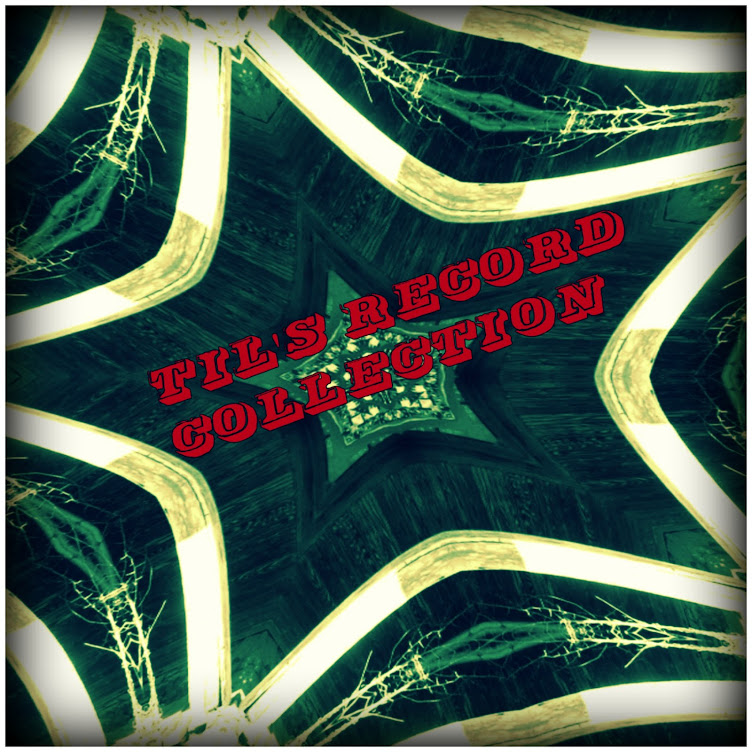
Figured I'd use this blog to catalogue my record collection. I'll be providing some technical information on the albums as well as my thoughts. My collection is non-genre specific. I keep the bulk of them alphabetized by Artist. However, I also maintain a section I refer to as the esoteric field, which contains unusual records, and artists I wouldn't remember the name of if they weren't in this category. The Classical and Compilation albums are also in separate sections.
Sunday, January 31, 2016
Jimmy Cliff:
The Harder They Come:(1972)
While not entirely made up of Jimmy Cliff tracks, this is still a killer Jimmy Cliff record. In fact, this iconic album played a huge roll in popularizing Reggae music. I'm sure you're probably already familiar with this record's magic.
In Concert:(1976)
You just can't beat the amazing soaring vocals of the ever ebullient Jimmy Cliff, the man is amazing, and live performance is where he truly comes alive. I saw him recently, and he still sounds as good as he does on this 1976 live recording. You can't feel blue with Jimmy Cliff's music playing, especially when Many Rivers To Cross hits.
I Am The Living:(1980)
A few late 70's early 80's production techniques start creeping in on this one, but Cliff transcends better than most artist of this time. He's always had the ability to not just be Reggae, but Soul and R&B as well. I love this guy.
Stanley Clarke:
Stanley Clarke:(1974)
There came a moment in the 70's when, thanks to the leadership of Miles Davis, funk and jazz began an uneasy marriage. On that would have successes and failures, and ultimately come to rest in a very sterile neighborhood called ho-hum. At least that's my take on it. Anyway, It was all in full effect on Stanley Clarke's second album, and for the most part this is one of the more successful funk/jazz fusion albums, even if it has synths that veer into Yes and Emerson, Lake and Palmer territory.
School Days:(1976)
More of the same on this record, except there are more attempts a smooth mid-tempo numbers that seemed aimed at appealing to the emerging smooth jazz radio stations of the time. But, all this aside, Stanley Clarke is a hell of a bass player.
Saturday, January 30, 2016
Eric Clapton:
Guitar Boogie:(1971)
Ok, yes, I'm starting off an Eric Clapton post with a compilation album. This is a particularly decent one. There was a time, before I had done any diggin' or learnin' that I was a big Clapton fan, but once I had heard Freddie King, that was over. That said, there are some tasty jams on this record.
Clapton:(1973)
Another compilation album of early Clapton stuff. Key track on this one is Bell Bottom Blues, which of course is from Layla and Other Assorted Love Songs, which is a killer album.
There's One In Every Crowd:(1975)
Eric Clapton's first proper solo album. A mixture of country flavor and reggae. Personally I live Clapton more when he's not playing the guitar hero, and just laying back being the singer rhythm player. Key track: Don't Blame Me
E.C. Was Here:(1975)
A live album containing six jammed out tracks. Check out Further On Up The Road, which is good, but doesn't come close to the awesomeness of the performance from The Last Waltz.
No Reason To Cry:(1976)
The second proper solo album. I really like this one, like I said, I like Clapton best when he's just singing, and playing, and that's what you get here. Oh yeah, and Ron Wood, Robbie Robertson, Rick Danko, and Richard Manuel are backing Clapton up. Favorite track on this album is the duet with Bob Dylan on Sign Language.
Slowhand:(1977)
Every artist has that big career defining album, the one they'll never escape, and this is Clapton's. Spawning three huge radio hits, and selling the most copies of any Clapton album. See: Cocaine, Wonderful Tonight, and Lay Down Sally.
Backless:(1978)
This may be my favorite Clapton solo album, from the cover to the music. Side A and B start off with Bob Dylan songs you can only find here. But, perhaps my favorite track is Promises.
Money And Cigarettes:(1983)
And in come the 80's... In comes the transition to overly smooth, middle aged, don't rock the boat...
Friday, January 29, 2016
The Clancy Brothers & Tommy Makem:
Freedom's Sons:(1966)
Irish Songs of Rebellion:(1967)
Liam Clancy once told Bob Dylan, "Remember Bob, No fear, no envy, no meanness." The Clancy Brothers & Tommy Makem road the wave of folk revival through the 60's, but they were cut from a different cloth. For them this style of music had never gone away in any significant shift that it would need a revival. Wearing sweaters their mother would make them they took their rebellious songs, drinking songs,sad songs, happy songs out to confront the world like good Irishmen. Now, I love the Pogues, and some of the Dropkick Murphys stuff, but The Clancy Brothers are the real deal, and their influence is clear on the formers.
Chicago Transit Authority:
Chicago Transit Authority:(1969)
The debut album from Chicago Transit Authority, later know simply as Chicago, a prog rock jazz fusion affair. At times this album gets way too up it's own ass for my tastes. My parents didn't own many records, maybe 20 or 25, and they weren't very meticulous at maintaing what they had...so I can tell the records they really loved, and played to death. Hell, my Dad once wore out a copy of Planet Waves by Dylan and The Band, we'll get to that later. This album is an interesting addition to their collection, not only is it still very clean (obviously not played much), but they're not that into prog-fusion stuff. All I can figure is that they liked the song, Does Anybody Really Know What Time It Is? A song I myself don't really mind, and I'm sure that that coupled with the fact that I like the album cover are the reasons I've kept this piece around for so long. Ce La Vie.
Thursday, January 28, 2016
Shirley Caesar:
The Best of Shirley Caesar and The Caravans: (1968)
As I said from the beginning, this blog would be somewhat in alphabetical order, and here is an example, miss filed in the "C" section. The power and the glory in Shirley Caesar's voice is staggering, just staggering. Like Mahalia before her Shirley has stayed in the gospel world as a singer and minister. The first time I heard her was when she participated in a compilation album of Bob Dylan's religious songs with a steamroller performance of Gotta Serve Somebody. If you've never heard Shirley's magnificent voice check these out.
Cheap Trick:
At Budokan:(1979)
Cheap Trick at Budokan is one of those iconic sort of albums. I had heard about it long before I was living alone for the first time at 19 or 20, and bought the copy I have at a yard sale in Fort Collins, CO. It wasn't till I got the record back home that I realized that contained in the sleeve was more than just the record. Inside were the pages of a magazine article about Cheap Trick, a newspaper clipping, a tour program, and a letter from the Cheap Trick Fan club addressed to Erin. Of course the first track I played that day started off with..."I want you...to...want...me". A truly mythic Rock'n'Roll record. Out of respect to Erin whoever she is, I keep her collection safely tucked in the sleeve to this day.
Dream Police:(1979)
Cheap Trick's fourth studio album with an awesome cover that reflects the sense of humor that permeates this band. While the title track is an incredible piece of pop rock genius, I find the rest of the album to be hit or miss with some of the orchestration becoming tedious. I much prefer the rocked up unadorned live versions of these songs. Still, I feel like it's worth having in the vinyl pile.
Wednesday, January 27, 2016
Ray Charles:
Modern Sounds In Country and Western Music:(1962)
Modern Sounds In Country and Western Music Volume 2:(1962)
Sweet & Sour Tears:(1964)
I don't own enough Ray Charles records. Period. There are days when I feel like the voice of god must sound like Ray Charles when he's singing. The man was impeccable in his tone, phrasing, and delivery, even in the live recordings where he is clearly smacked out of his gourd. Now, since I have the two volumes of Modern Sounds in Country and Western Music listed here, let's talk about there impact. I mean, the boldness to tackle the Country genre as a black man in the early sixties? That's risk, that's balls, that's genius. It's things like that that make it impossible for me to not see how Rock'n'Roll Ray Charles was. Certainly Johnny Rotten never attempted anything so bold. And Ray did it with such confidence, and sincerity that he pulled it off like a champ. For this and so many other reasons Ray Charles is one of the best that ever has been or will be.
Now, if I had to pick a favorite Ray Charles song, while not on any of these albums, today I'd probably go with Drown In My Own Tears. Come back tomorrow, and I'll probably pick a different one.
Tuesday, January 26, 2016
The Chambers Brothers:
New Generation:(1971)
Greatest Hits:(1971)
Though mostly known for their hit Time Has Come Today, the Chambers Brothers were a heavy Psychedelic Soul Rock Band that seemed to exist somewhere between Santana, War, The Four Tops, and the Watts 103rd Street Rhythm Band. All though not nearly as talked about as those bands, but they should be. The musicianship is excellent. Go check out Funky, Are You Ready, or Time Has Come Today. These tracks rock in a serious 60's haze of peace, love and fuzz.
Slim Cessna's Auto Club:
The Bloudy Tenent Truth Peace:(2004)
To oversimplify this band as Country is criminal, however, there is plenty of true Country in there. No, there's more atmospheric Appalachia darkness and humor swirling around in this brew. From the first track, This Is How We Do Things In The Country, you know you're in for a ride...A ride were you struggle to differentiate between the truth and fiction of the stories flying past the windows of a runaway pickup-truck.
Monday, January 25, 2016
Johnny Cash:
At Folsom Prison:(1968)
At San Quentin:(1969)
"Hello, I'm Johnny Cash..." those words still make the hair on my neck stand up. If ever there were two albums that cemented Johnny Cash as a rebellious musical figure it was these. This man is carved into the musical Mount Rushmore. On a technical note, these albums fall into the illustrious catalogue of producer Bob Johnston. I can always throw on one of these records, and they bring a smile to my face with the power of the spirit contained within.
Sunday, January 24, 2016
Enrico Caruso:
The Best of: (1958)
The Voice of The Century: (1962)
Enrico Caruso was the first international multi-media celebrity, and damn what a voice. He made some 206 recordings from 1904-1920, and came along right as commercial recordings were coming into fashion. For a time his records were given away as demo records with the purchase of Victrolas. Because of this many rural Americans were exposed to opera for the first time, and his influence was guaranteed. Elvis and Mahalia Jackson citied his records as important. You can really hear it in Elvis' latter day performances. Now, I'm not a big opera fan by any stretch of the imagination, but some people transcend genres, and Caruso is one of those. I don't need to understand the language or story to understand the emotion emanating from his throat. I also think something is added by the roughness and scratchiness of the recordings themselves and the vinyl they rest upon.
Saturday, January 23, 2016
Clarence Carter:
Testifyin':(1969)
Look up the songs Soul Deep and Snatchin' It Back by Clarence Carter right now, enough said. He was great, is great! While not a soul singer/musician talked about as much anymore, your day will be brightened by looking him up. That's all I got.
The Cars:
The Cars:(1978)
Who wouldn't want to release a debut that had as many hits, and classic radio staples as The Cars first album? To me this is a perfect pop-rock album filled with hooks, and interesting production. Obviously Ric Ocasek's influence would run on to Weezer, and then to countless overly saccharine groups to clogged up airwaves for a time in the late 90's. But, meanwhile back here at the start of it all, this record is kick ass. I'd list key tracks, but you already know them.
Candy-O:(1979)
While Candy-O was a bigger selling album upon its release, I've always found it less exciting than the first. It's good, don't get me wrong, but feels slightly sterile and slow. In fact this album sounds like a product of the 70's in a way the other manages to dodge. However, it does include a cool cover by pinup artist Alberto Vargas. My favorite track on this album may be Shoo Be Doo, which seems like an attempt to sound a little like suicide...cleaned up and blow dried Suicide. The title track is good too.
Friday, January 22, 2016
Captain Beefheart:
Lick My Decals Off, Baby: (1970)
Oh, yes, the good Captain... A polarizing figure to say the least. There are lots of musicians that proclaim their music to be art, and it is, but there are few willing to allow their art to be ragged, grating, and abstract the way Captain Beefheart did. Trout Mask Replica is a modern masterpiece..."A squid eating dough in a polyethylene bag is fas and bulbous"... However, Lick My Decals Off, Baby, may be my favorite. This album is less red, and more blue, and blue is my favorite color. The tunes stir a dirtier groove based stew than Trout Mask, making for a rare moment when a group of white boys has been able to push the boundaries of the blues. Check out I Love You, You Big Dummy, or The Clouds Are Full Of Wine (Not Whiskey or Rye).
Shiny Beast (Bat Chain Puller):(1978)
So Captain Beefheart recorded an album called Bat Chain Puller, and the record lable (owned by Zappa) didn't want to release it...So Beefheart made a different album, Shiny Beast (Bat Chain Puller). He stood by that the original album he turned in was better that this, the released version. So it goes in business. I love this album, so I guess that makes it my second favorite. Anyway, artwork on the cover (by Beefheart) and the song Bat Chain Puller are worth the price of admission. Actually both versions of Bat Chain Puller, the one here and on the first recording of this album, are killer. Another track to check out, When I See Mommy I Feel Like A Mummy, sounds like an influence on Primus to me.
It Comes To You In A Plain Brown Wrapper: (2008)
So, in 1967 Beefheart planed for his second album to be a double album called It Comes To You In A Plain Brown Wrapper Marked Personal, but his label said, NO. What ended up coming out on Strictly Personal was a bastardized version, and the Good Captain felt was inferior to his initial idea. Flash forward to 2008, and we get It Comes To You In A Plain Brown Wrapper, a collection of tracks that didn't make the cut for the Strictly Personal album release, and outtakes from other albums. I dig the two different takes of Safe As Milk, and Flower Pot. Overall, I think this is an interesting collection, that allows a small glance into the evolution of some of the Captain's working process.
Subscribe to:
Posts (Atom)





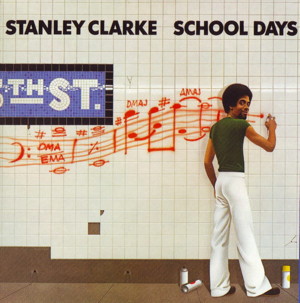
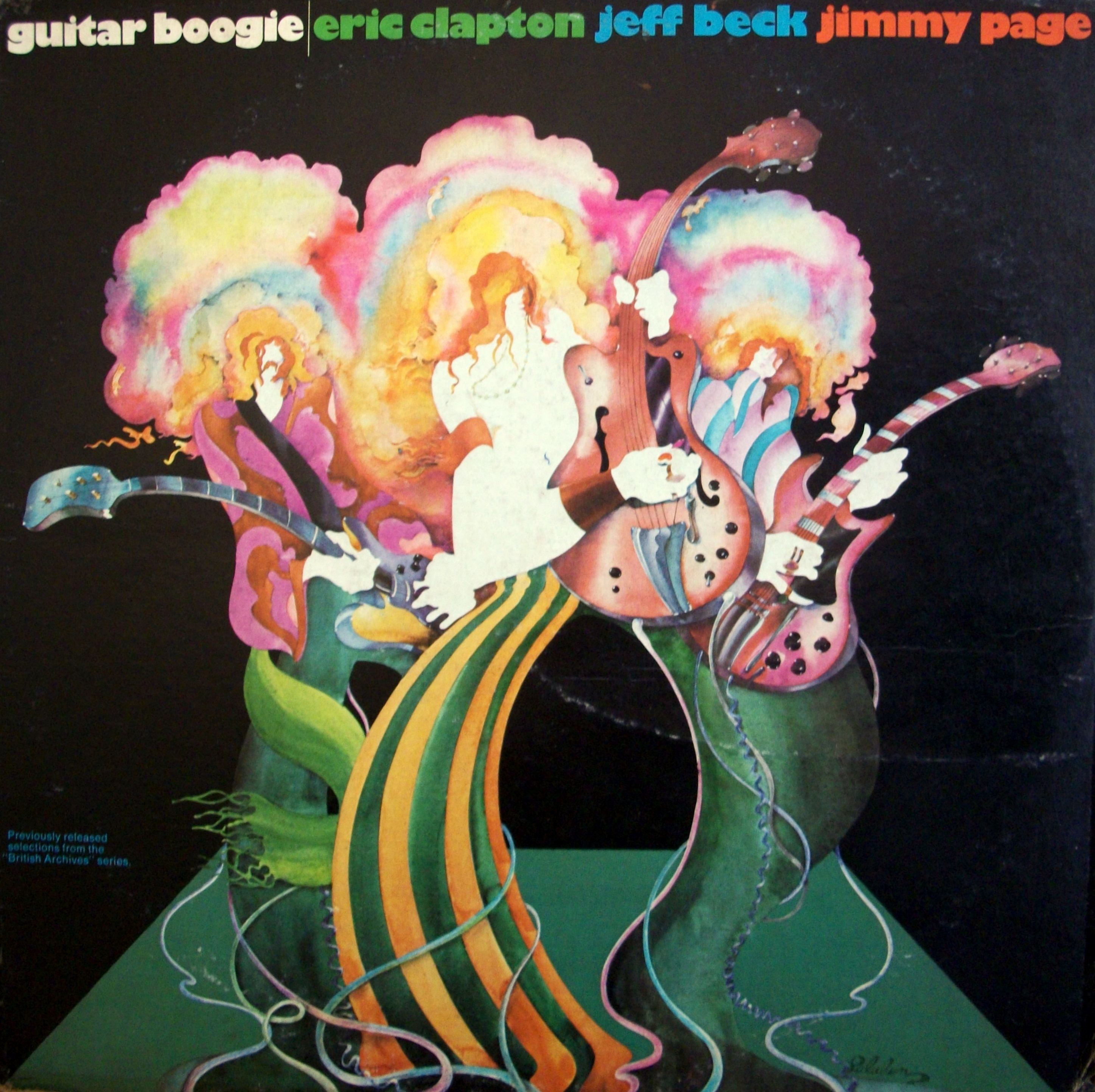

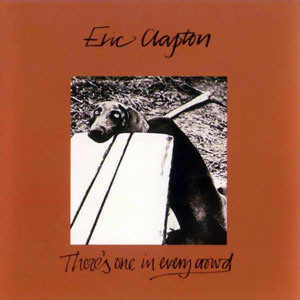


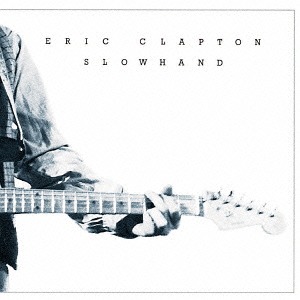



:format(jpeg):mode_rgb()/discogs-images/R-2972510-1381601688-5462.jpeg.jpg)
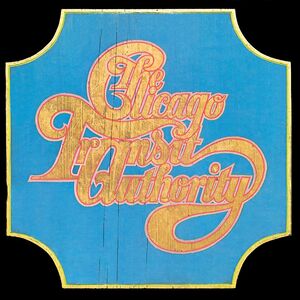


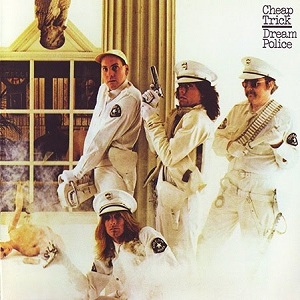


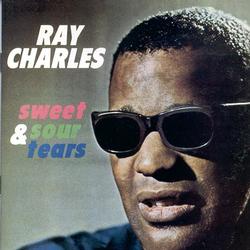

:format(jpeg):mode_rgb()/discogs-images/R-1099637-1341773252-6321.jpeg.jpg)

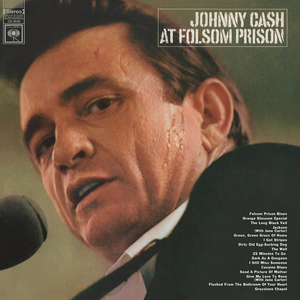

:format(jpeg):mode_rgb()/discogs-images/R-3566868-1403065342-6436.jpeg.jpg)





.jpg)
